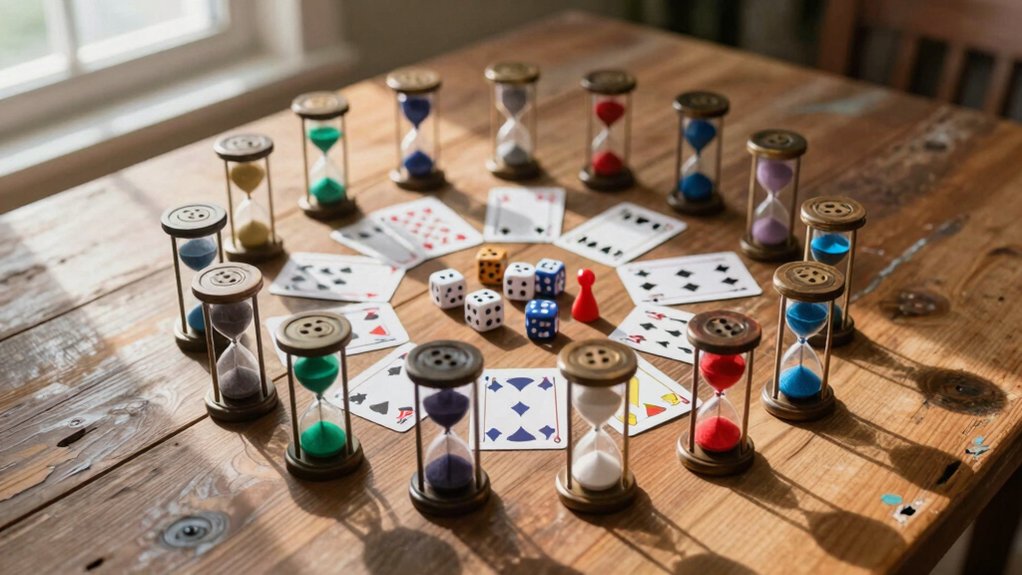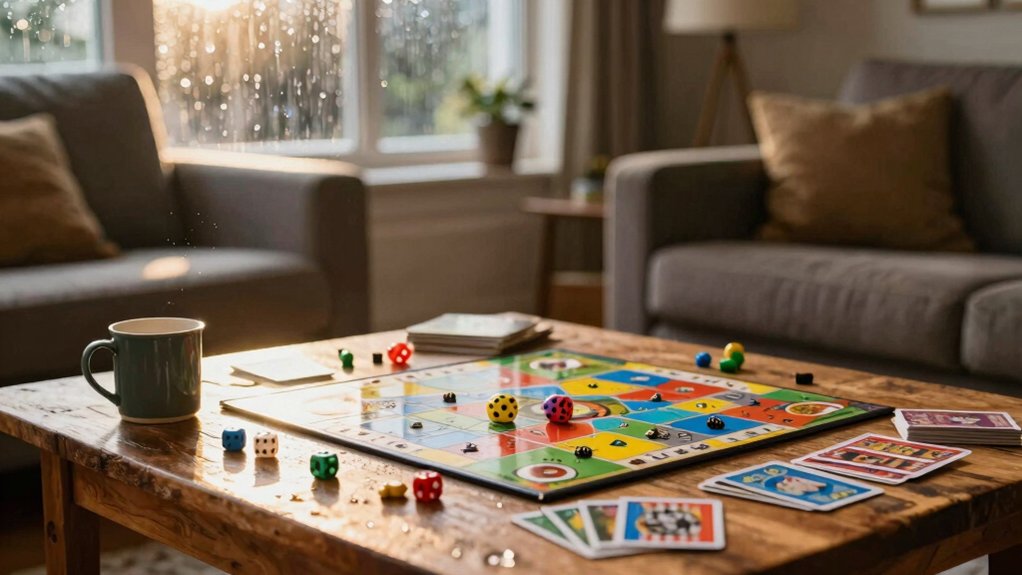Are you looking for ways to help your students develop their critical thinking skills? Group activities may be the answer! When used correctly, group activities can be a great way to encourage creative thinking, problem-solving, and collaboration.
In this article, we’ll explore the benefits of group activities, different types of group activities that can be used to foster critical thinking skills in students, and strategies for encouraging these skills through group activities.
So let’s get started on discovering how group activities can help your students develop their critical thinking abilities!

Benefits of Group Activities
Group activities can be hugely beneficial in helping develop critical thinking skills! By creating an environment where students must work together to solve a problem, role playing and cooperative learning can both create situations for deeper understanding.
When working with other people, it encourages participants to listen carefully, think logically, and express their own ideas. It also helps them learn how to make decisions independently by weighing the pros and cons of each situation.
In addition, group activities give students the opportunity to build relationships with one another and learn how to collaborate with others. This can help them become more confident in their communication skills while also gaining insight into different points of view which they may not have considered before.
Furthermore, working together on a project can teach students the importance of teamwork and trust – something that is essential when trying to come up with creative solutions that are mutually beneficial.
Overall, group activities provide an effective way for students to gain critical thinking skills as well as practice important life lessons such as collaboration, communication, decision making, and problem solving. With these tools in hand, they will be better prepared for future challenges that require complex thought processes. Ultimately, this leads to greater confidence in their ability to tackle any task put before them – a valuable skill that will serve them throughout their lives!
Types of Group Activities
Organizing collaborative tasks can promote the cultivation of analytical abilities. Group activities can be used to develop critical thinking skills and encourage problem solving, creative ideas, and decision-making.
A classic example of a group activity that encourages critical thinking is the jigsaw puzzle. Puzzles require individual members of the group to work together to achieve a common goal. In this way, individuals learn how to cooperatively identify problems and come up with solutions in order to solve them.
Another type of group activity is role playing or simulations. In this type of exercise, each participant takes on a fictional character’s perspective within a scenario and must think critically in order to make decisions as their character would. This helps participants practice considering different perspectives when analyzing situations, which is an important skill for critical thinkers.
Group debates are also beneficial for developing critical thinking skills as they force participants to practice forming arguments based on facts rather than assumptions or personal opinions. Debates also help improve communication skills by teaching participants how to articulate their thoughts clearly and concisely while responding logically and critically when faced with opposing arguments or views from other members of the team.
Group activities are proven tools for helping people cultivate their analytical capabilities while learning how to work together collaboratively towards common goals. These exercises provide valuable insight into problem-solving processes by forcing participants out of their comfort zone and into a more strategic mindset where they must examine challenges from all angles before finding suitable solutions quickly and efficiently without sacrificing quality or accuracy along the way.
Strategies for Encouraging Critical Thinking Through Group Activities

Encouraging critical thinking through group activities can be a great way to challenge participants and push them out of their comfort zone. To effectively promote creative problem-solving, it’s important to plan engaging activities that stimulate critical thinking skills. Here are three strategies:
- Brainstorming sessions – Use brainstorming techniques to generate multiple ideas on a given topic or issue. This encourages participants to build off each other’s ideas and come up with innovative solutions.
- Open-ended questions – Ask open-ended questions during group discussions that require thoughtful reflection before responding. This encourages deeper analysis of the situation and helps develop analytical skills in the group members.
- Creative challenges – Create tasks that require the group to think outside the box and use their imagination to come up with innovative solutions or approaches to solving a problem.
Group activities provide an ideal platform for developing critical thinking skills. They facilitate idea exchange between individuals while encouraging collaboration within the team environment, thereby fostering creativity and innovation among its members!
Conclusion
You’ve seen how group activities can be a great way to develop critical thinking skills. They’re fun, engaging, and foster collaboration among participants.
By using strategies such as problem solving tasks, debates, and Socratic questioning you can encourage your group to think critically about the topics at hand.
With a little bit of effort and creativity, you’ll soon find that group activities are an invaluable tool for developing your team’s critical thinking abilities.




Leave a Reply